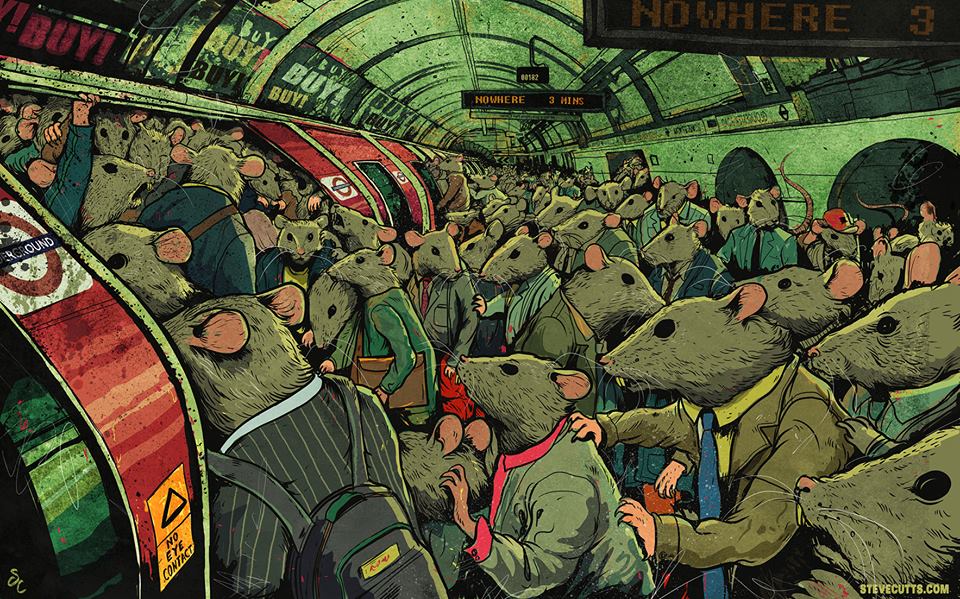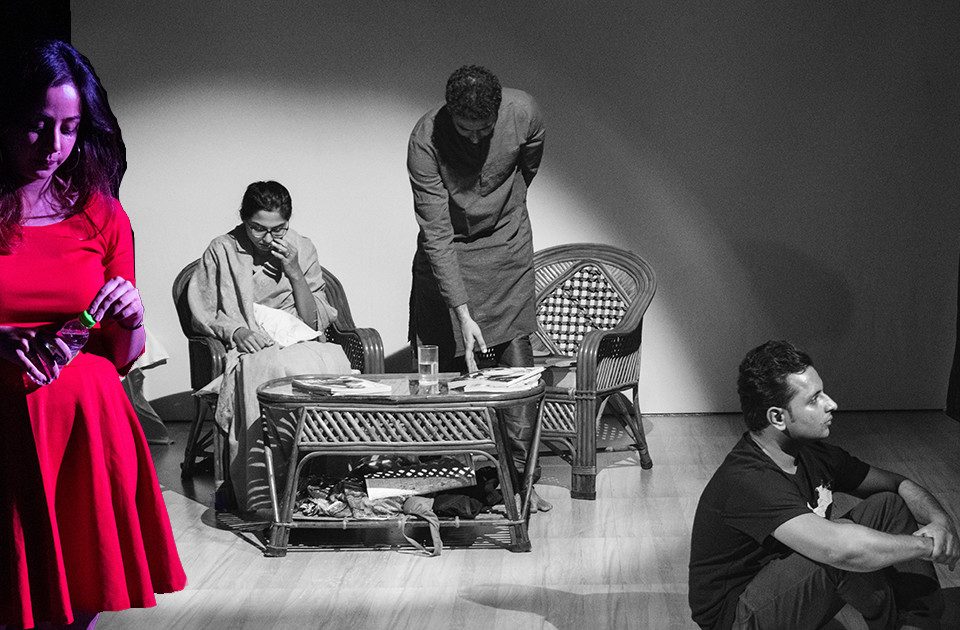
Rats Are Annoying
December 30, 2016
There’s Always Tomorrow – A Refreshed Affection for Living
January 3, 2017American comedian, Mike Birbiglia said, “People are making better and better small budget independent films these days.” Well, that stands true for – “Mausams.”
This 2011 indie-film-production made in Singapore (with an Indian cast and crew), revolves around a bunch of thirty-something old-college friends, who come together to stage a forgotten play penned by the female-protagonist. Just like the in-production play, the get-together is motivated by their long ignored, almost forgotten desires – and the will to do something fresh with themselves. Hence, in an act of rejuvenation while putting their free-hours to better use from their moribund- routine jobs-lifestyles, these friends make a surreptitious, yet solemn attempt to redefine their personalities. Like all aspects of life, they have their ups and downs; however, even in the direst of circumstances they try to make things work. As the film’s motto puts it – “Like Mausams (seasons), things always change”. 
Shilpa Krishnan Shukla – co-producer, writer, director – has done a tremendously effective job in making this film, but especially penning such distinctively varied characters. She has taken intense care in highlighting each character’s psyche, quite evident from her jargonically subtle and ‘ethnically colloqual’ humour filled dialogues. However, a slow beginning and over-meticulousness towards sub-plots make it a little languid at instants, but jokes and jibes don’t let one get bored.
The editing is crisp, making a pleasant watch; however, certain scenes could have been shorter.
Here comes an interesting fact – the ‘time-lapse’ technique, which is used quite liberally in the film, adds a metaphorical dimension of ‘changing seasons’. It’s almost unusual to find such a craftily-used technical-attribute in an indie-film this side of the world; and so is its soul-stirring score and music. Composer B Prasanna does justice with the theme and aptly captures the colour of Singapore’s weather in the melodies. Also, a song has been sung by Bombay Jayashri (the famous Indian Carnatic vocalist; Academy Award nominee for “Best Original Song” for Ang Lee’s “Life of Pi”), which is quite mellow and nicely embedded.
Talking of casting, the actors are at ease in independent cinema, for discovering their own emotive styles. The principal players – be it Shweta Sharma as Shalini (the female-protagonist and the playwright); Balaraman Kunduvara as Arjun (the androgynous boy and supportive friend); Narendra Prasad Kolary as Shaan (Shalini’s younger twin-brother by ‘chaar-minute,’ trying to make it as a freelance writer), Navneet Jagannathan as Jai (the ‘self-important’-like, who openly admires Priyanka Chopra), Shivanu Shukla as Abhishek (Co-producer; Shalini’s husband, the perennially busy businessman), Uthra Parameswaran as Sneha (the young, chirpy-mother who happens to play a mother in the play, again), Vineet Kumar as Rony (the ‘hunk’ of the group, who is not quite so at times) – were suitably selected. However, Poorna Prasad as Pallavi (the bubbly, groom-hunting girl for whom Shaan falls for) is the ‘casting delight’; effortless and natural and very likable.
In summary, one might carry a lingering sense of lukewarm pleasure and good-will when done watching “Mausams click over here now.”
An Engineering Graduate and a Management Professional, Tanay Chaudhari became an “admirer of celluloid” much earlier in life. Starting a decade back, the picking up of film-making variants gradually gravitated into a sincere interest of writing reviews on parallel and popular cinema. His film reviews are regularly being published for past five years in print as well as on popular websites, earning him a recognition as a writer and even an award.
![]()


